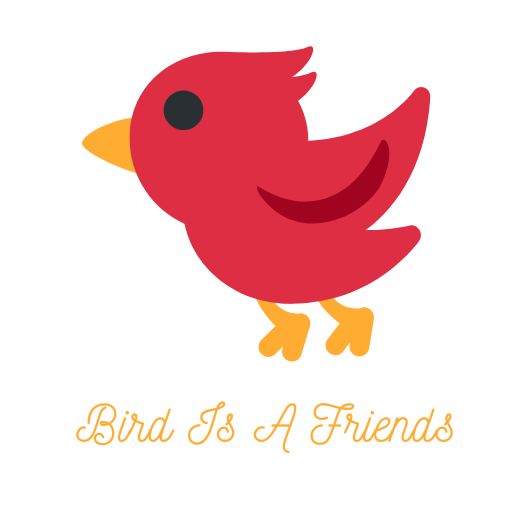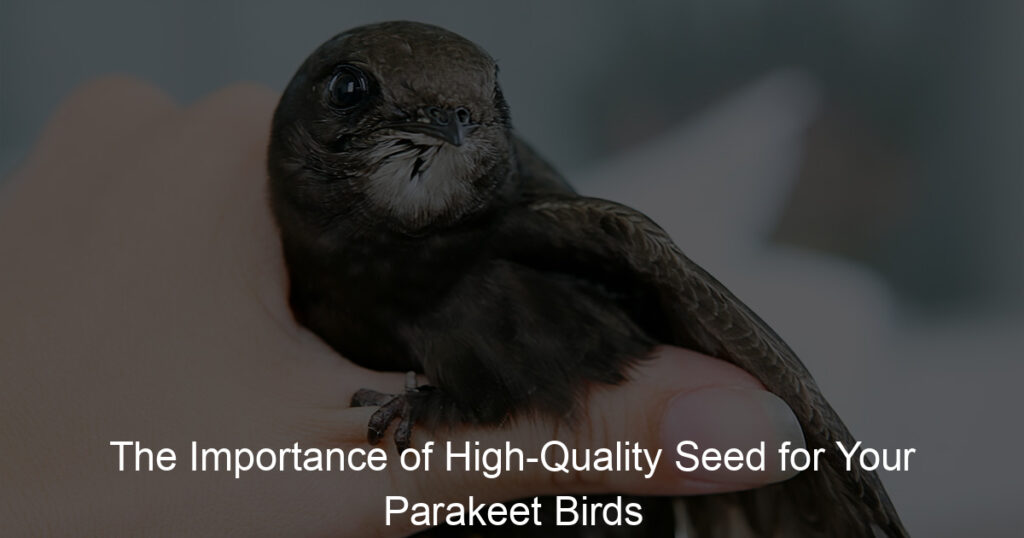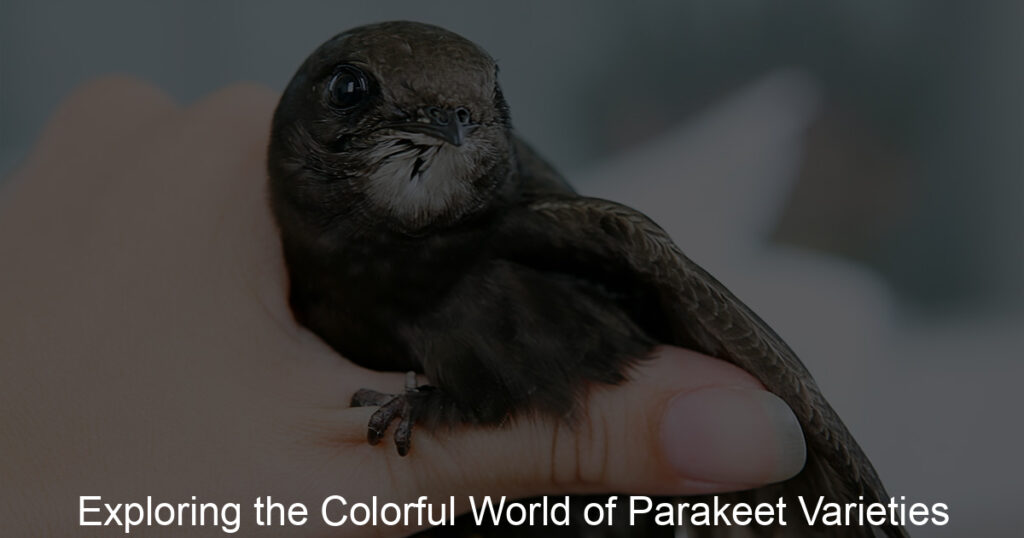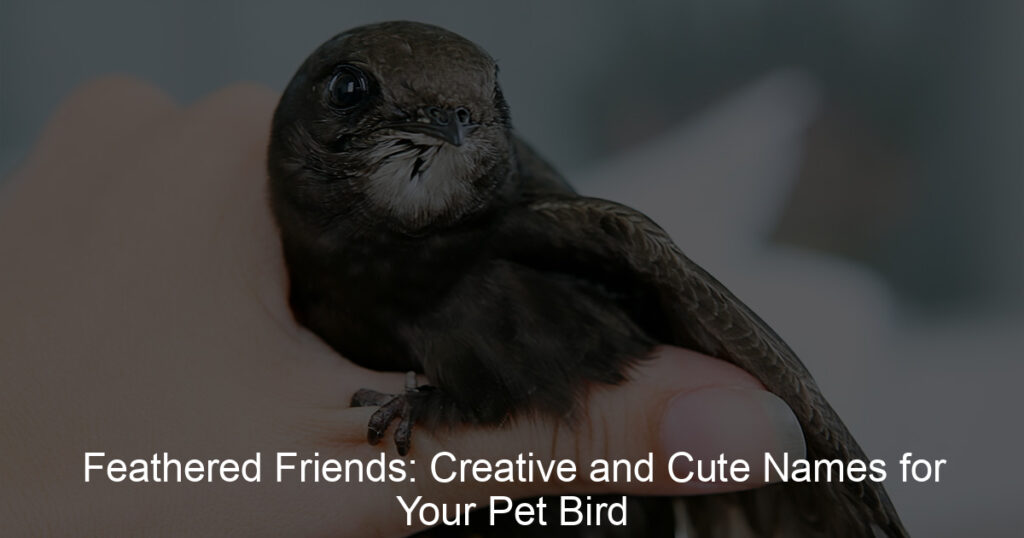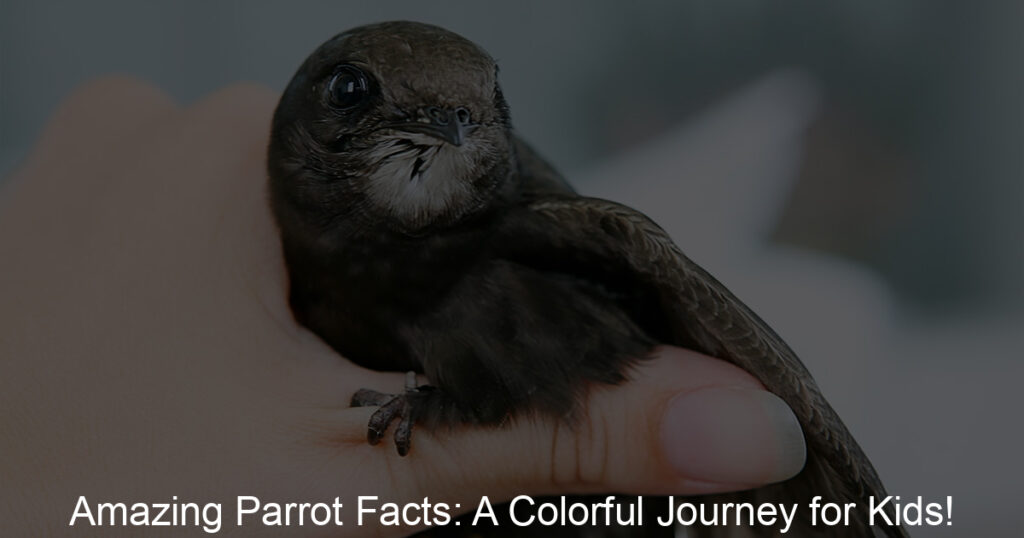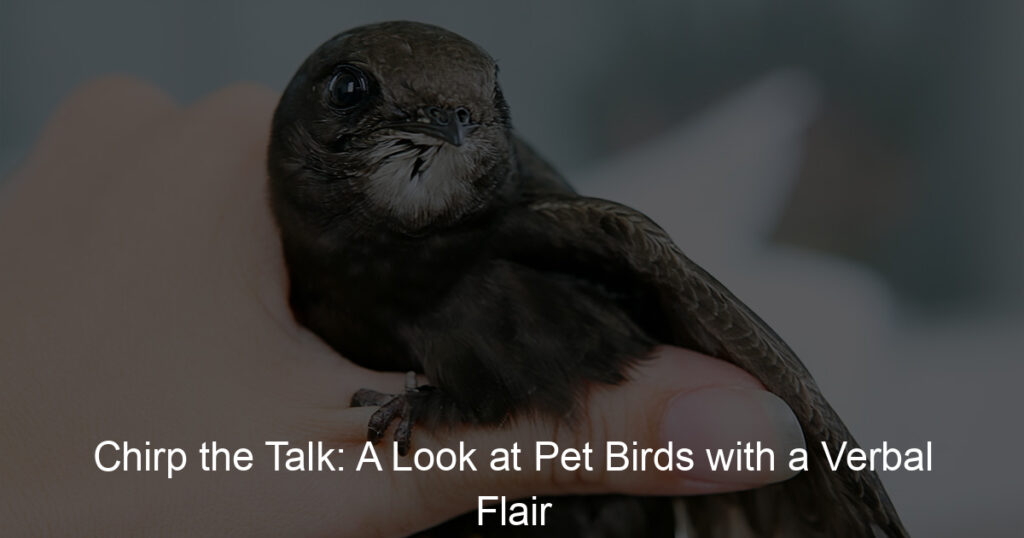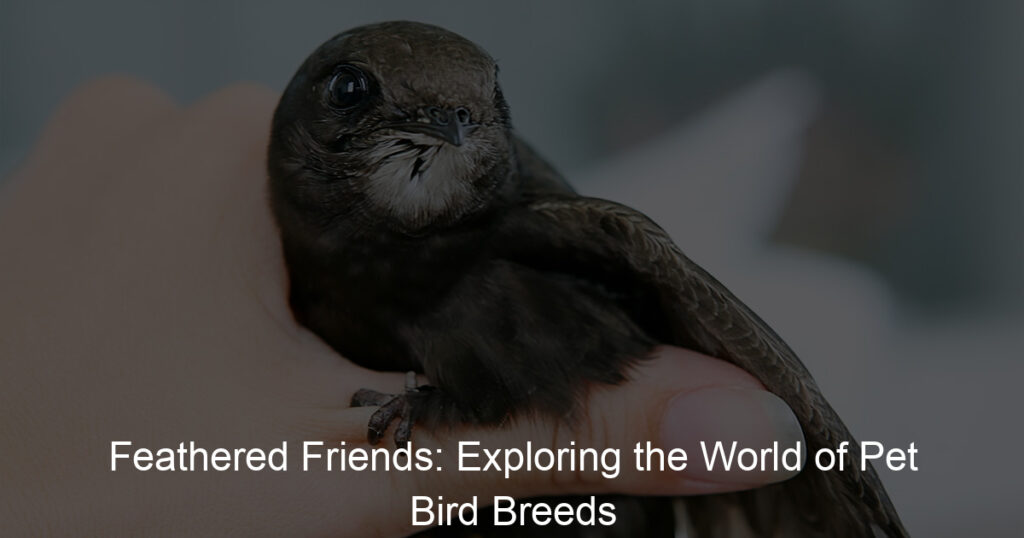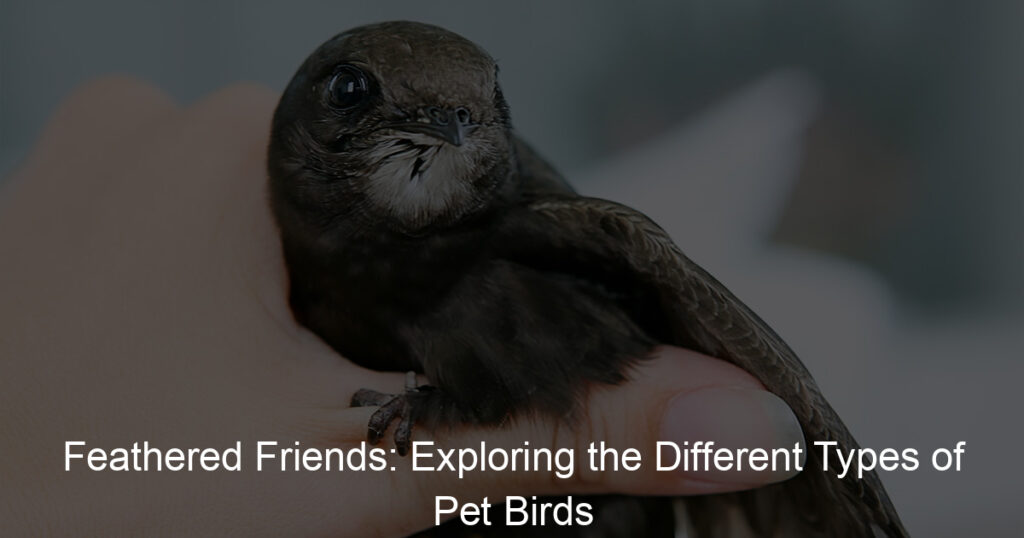Keeping your parakeet birds healthy and happy is one of the most important responsibilities for any bird lover. Ensuring that they have access to high-quality seeds is a key factor in this process.
With countless options out there, it can be hard to know what kind of seed will best meet their needs, so you must spend time researching different brands before settling on something suitable.
In this blog post, we dive deeper into the importance of high-quality seed for parakeet birds and share tips on how to choose the very best option. Read on to learn more about why quality matters when selecting bird food for your beloved birds!
What is the best seed for parakeets?
Parakeets are social and lively birds with specific dietary needs, so it is important to select the right seed mix. Choosing the best seed for parakeets involves considering a variety of factors, such as nutritional content, wholesomeness, palatability, and price.
While most bird stores carry pre-made mixes that are specifically designed for parakeets, many seeds can be combined at home to create the perfect balance of nutrition.
Seeds such as millet, oats, safflower, hemp, and sunflower should form the basis of any diet for these lively birds; adding in small portions of wheat germ or other treats ensures that your parakeet stays properly nourished and happy!
What are the benefits of seeds for birds?
Birdseed is an essential part of helping to keep birds healthy and happy. Not only do seeds provide essential nutrients, but they also provide vital mental stimulation that leads to more active and engaged behavior in birds.
Even the act of picking seeds from a feeder can act as a form of enrichment for birds, as it encourages them to use their natural problem-solving skills by learning how to take advantage of different sources of food.
On top of this, providing a variety of seeds that grow at different times can help give birds year-round access to nutritious seeds, elevating their overall health. In short, offering birdseed is one small but effective way we can actively contribute to the well-being of our feathered friends!
Are seeds good for parakeets?
Parakeets can benefit from seeds as part of a complete and balanced diet. Seeds are a good source of essential fatty acids, vitamins, and minerals. They also provide the necessary protein that parakeets need to stay healthy and energetic.
Furthermore, they help to stimulate your bird’s mind by providing an activity as they have to work through the hulls of the seeds to get at the nutrient-dense kernel inside.
However, it is important not to feed your parakeet only seeds, since seed mixes usually contain too much fat and not enough other nutrients for proper growth and health. Make sure you offer your parakeet a variety of foods– vegetables, fruits, and fortified pellets — to ensure they receive the optimal nutrition they need.
What is the best food to feed your parakeet?
Every parakeet has unique eating habits and nutritional needs, but certain options tend to be especially beneficial for most birds. A high-quality pelleted seed mix should always be the mainstay of a parakeet’s diet, supplemented with fresh fruits and vegetables.
Fresh greens such as spinach, kale, or endive provide vitamin A and calcium; other good choices include lightly cooked beans or peas. For added nutrients and flavor variety, parakeets might enjoy various types of seeds like hulled millet or niger to mix into their diet.
However, no matter the food option selected for your bird, it is essential that you monitor your pet’s health closely to make sure they are getting the necessary nutrition they need to stay healthy and active.
What foods parakeets Cannot eat?
Parakeets, also known as budgies, are adorable pet birds that make wonderful companions. While it’s important to feed them a balanced diet that includes fresh vegetables and fruits as well as commercial seed mixes, many common foods should never be given to parakeets.
Foods such as raw potatoes and onions, both of which contain substances that can upset their digestive system, should always be avoided when feeding your pet parakeet. Other “no-nos” include chocolate, caffeine, candy, and anything salty.
Even though they may seem like tasty treats, processed meats such as deli ham or hot dogs can give them food poisoning or lead to serious nutritional deficiencies. When it comes to the health of our feathered friends it is best to err on the side of caution and provide them with only safe foods!
How do I know if my parakeet is happy?
Although it is not always easy to read a parakeet’s emotions, there are a few sure signs that will tell you that your pet bird is happy. First and foremost, a content bird will have normal behavior with regular activity throughout the day; chirping and playing in its cage should be expected.
Another indication of a happy parakeet is its willingness to interact with you; when your pet comes closer to you on cue or seems eager to handle time and attention, then you can be sure it loves spending time with you.
A good measure of your bird’s mental health is also crisp and vibrant feathers, bright eyes, and a healthy appetite. All these cues indicate your pet is healthy and has adapted to its environment happily.
Final Thoughts
The bottom line is that high-quality seeds should be the top priority when caring for your pet parakeets. A mixture of quality, clean seeds and fresh fruits and vegetables will keep your parakeets healthy and happy for a long time.
In addition to good nutrition, it’s important to provide your pets with plenty of mental stimulation. You can offer them new toys and activities like bird swings or mirrors that will challenge their brains and give them something fun to do. With the right combination of good diet, exercise, and mental stimulation, you’ll have healthy and well-adjusted birds that bring you years of companionship and joy!
Doing the research now and creating a safe space for your birds go a long way in making sure you’re getting off to a great start in giving these gorgeous creatures everything they need. So make sure that when your parakeets come home, they’re beginning their life with one crucial resource—the best possible seed!
